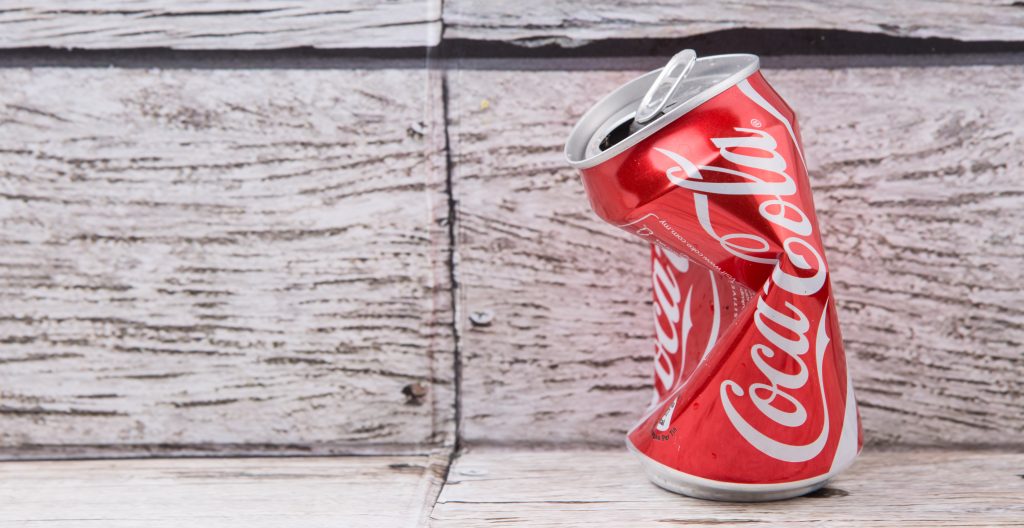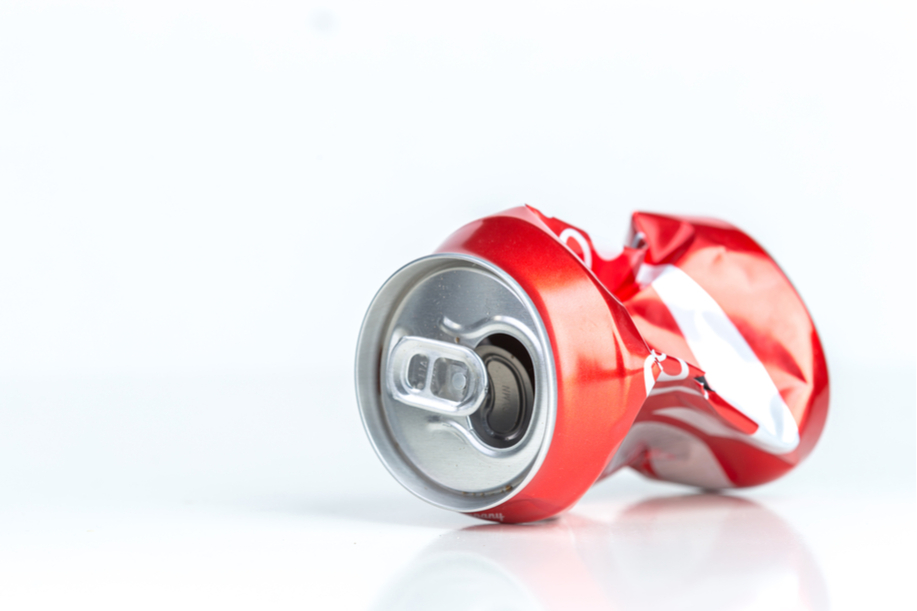For such an innocuous seasoning, salt made big headlines this week. Some say it’s a natural antidepressant, others say we’re addicted to it, and still others claim it’s a poison. Suffice to say that some of these stories are overreacting to a vital substance that is on every dinner table in the world.
Psychologists from the University of Iowa are set to publish a study on salt in the July issue of Physiology & Behavior. Fox News is reporting that the study shows how dietary deficits of salt lead to a lack of interest in normal activities:
Kim Johnson, a psychologist from the University of Iowa, discovered that when rats were lacking sodium chloride, they did not assume their normal activities, such as eating or playing.
“Things that normally would be pleasurable for rats didn’t elicit the same degree of relish, which leads us to believe that a salt deficit and the craving associated with it can induce one of the key symptoms with depression,” Johnson said.
The Scotsman interpreted this finding in a completely different way, concluding that because salt causes pleasurable feelings, it must be harmful:
Now scientists are finding evidence that it is an abused, addictive substance – almost like a drug.
One sign of addiction is using a substance even when it is known to be harmful. Many people are told to reduce sodium due to health concerns, but have trouble doing so because they like the taste and find low-sodium foods bland.
Another strong aspect of addiction is the development of intense cravings when drugs are withheld. Experiments by Dr Johnson and colleagues indicate similar changes in brain activity whether rats are exposed to drugs or salt deficiency.
New York City public health czar Thomas Frieden apparently buys into all this hype. He’s leading a campaign to get sodium out of processed foods. Likewise, Time magazine took Frieden’s cue to sound the alarm about reducing salt intake.
But this seems to us a case of hearing hoofbeats and looking for zebras. There’s no scientific consensus that salt causes health problems; in fact, there have been numerous studies showing that a low-salt diet increases the risk of death. So if people like the taste of salty foods and salt has mood benefits, why do some reporters and activists push consumers to believe a sodium-deficient diet is a good thing for health?
Could it be that they just like their food a little bland? As the U.S. Institute of Medicine is set to convene a meeting later this month about sodium intake, let’s hope an overreaching policy doesn’t take the enjoyment out of eating. Happiness, too, makes you live longer.




